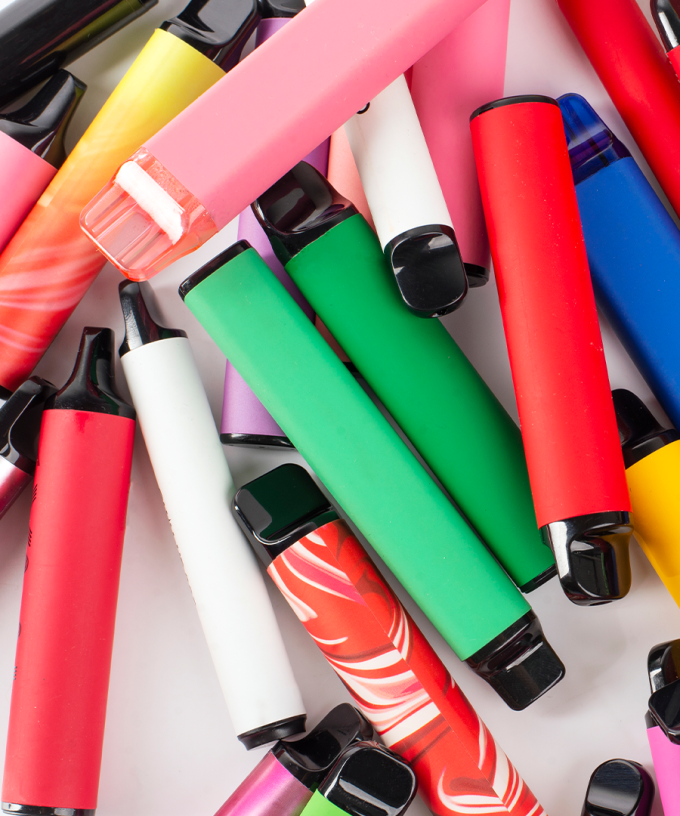The Australian government is set to ban recreational vaping and introduce minimum quality standards for vapes. The sale of vapes will also be restricted to pharmacies. While nicotine vapes already require a prescription in Australia, the industry is poorly regulated, and a black market is thriving.
Health Minister Mark Butler announced the reforms and said that the products are creating a new generation of nicotine addicts in Australia, particularly among young people in cities. Vapes heat a liquid, usually containing nicotine, turning it into a vapor that users inhale. While vapes are considered safer than normal cigarettes because they do not contain harmful tobacco, health experts advise that they are not risk-free.
The Australian government considers vapes a public health threat that disproportionately affects young people, many of whom haven’t smoked before. Research suggests that one in six Australians aged 14-17 years old has vaped, and one in four people aged 18-24. Mr Butler said that the products are being deliberately targeted at kids and are readily available alongside lollies and chocolate bars in retail stores. Vaping has become the number one behavioral issue in high schools, and some have installed vape detectors in bathrooms.
The new vape reforms toughen already strict rules. Australia has some of the strongest anti-smoking laws in the world. The new reforms include a ban on all disposable vapes and a crackdown on the import of non-prescription products. Scripts will be necessary for the vaping products that remain legal, and they will be required to have pharmaceutical-like packaging. Restrictions on flavors, colors, nicotine concentrations, and other ingredients will also be introduced.
Mr Butler said that there will be no more bubble-gum flavors, pink unicorns, or vapes disguised as highlighter pens for kids to hide them in their pencil cases. However, the government will also make it easier for people to get a prescription for legitimate therapeutic use. A timeline for implementation will be announced at a later date.
While the Cancer Council welcomed the changes, saying they could reverse the e-cigarette epidemic and prevent history repeating itself for a new generation of Australians, some politicians, industry bodies, and health professionals say that Australia should be relaxing its laws. National Party leader David Littleproud has previously argued that the country should emulate New Zealand’s approach and regulate nicotine vapes much like cigarettes. Others have expressed concern that harsher restrictions could see more people turn to the unregulated illegal market.







